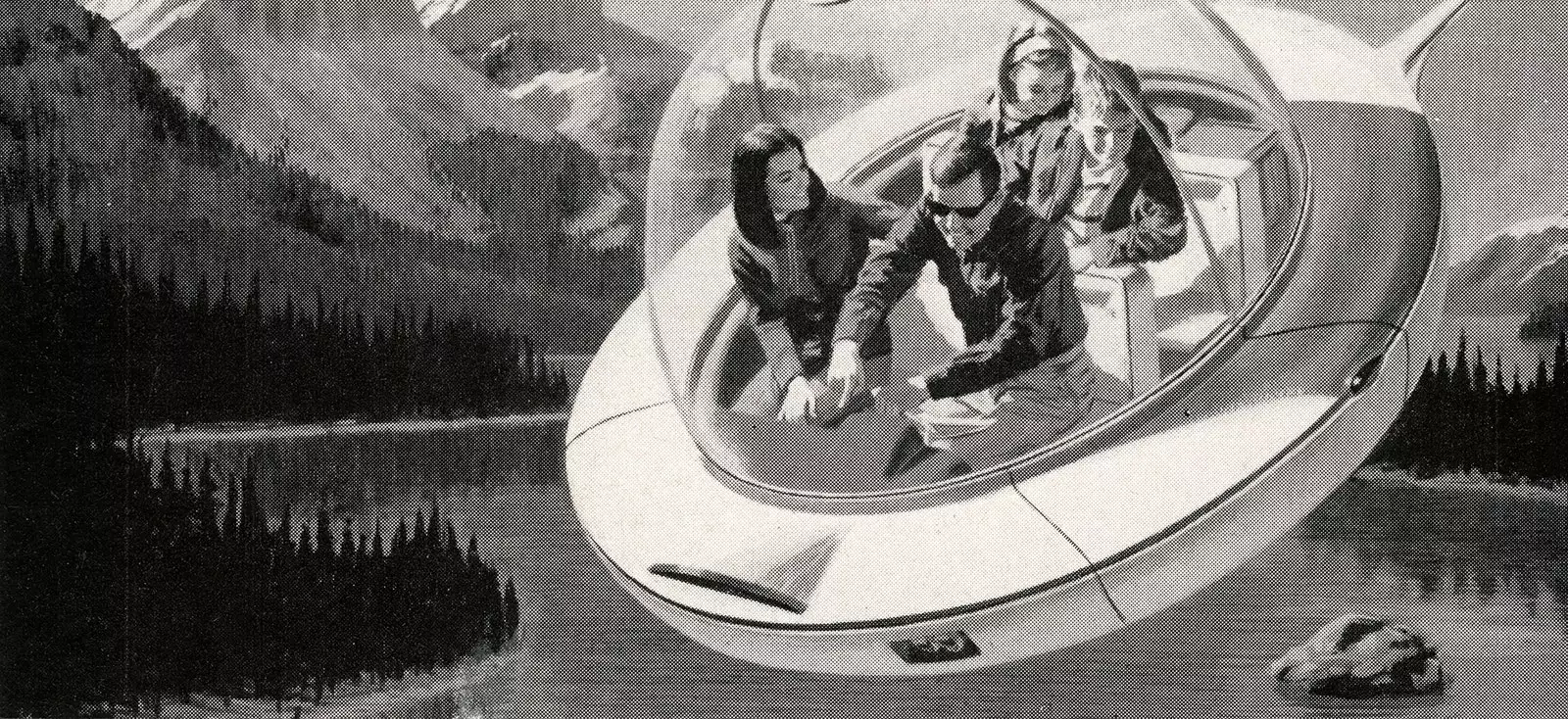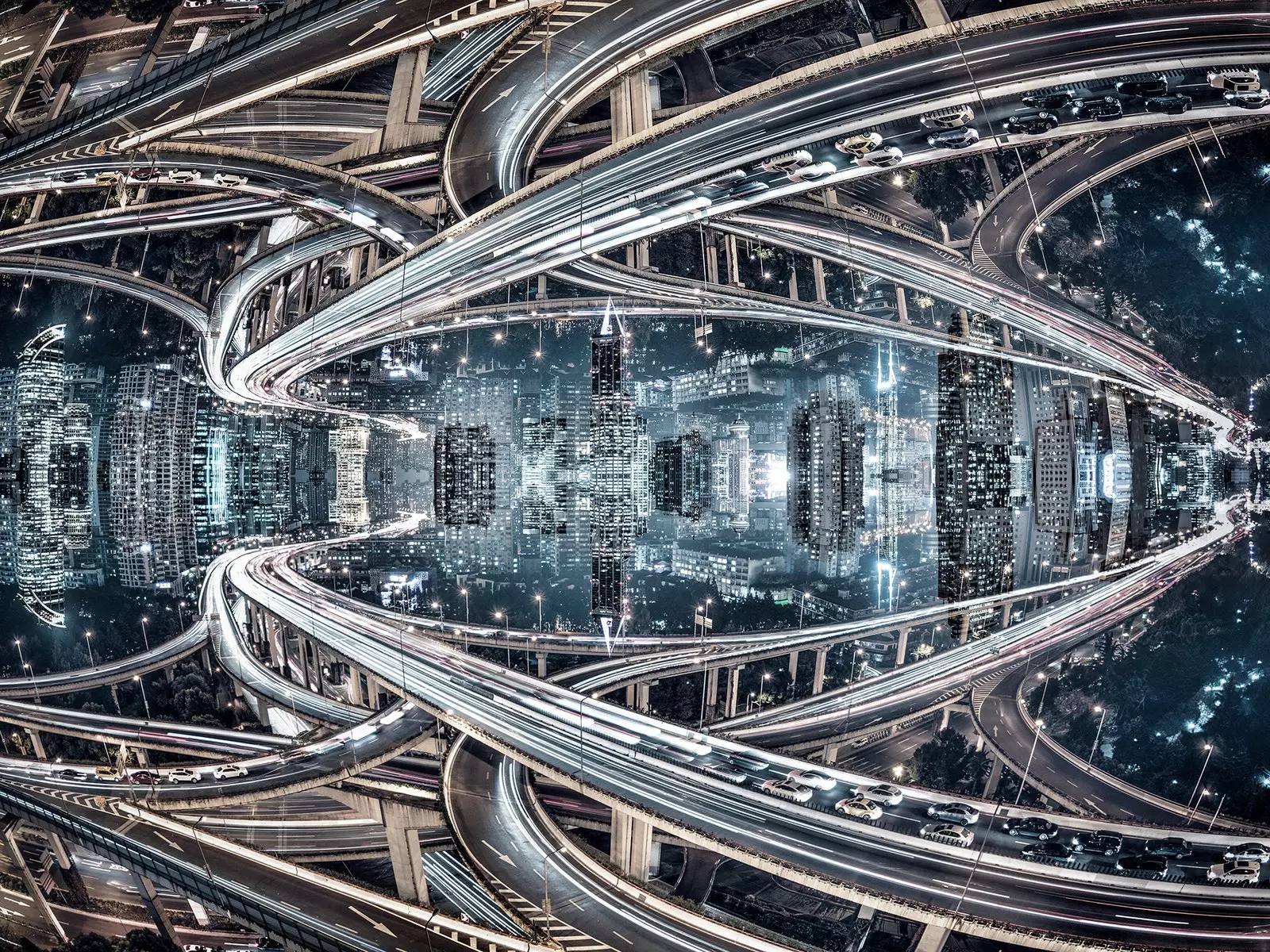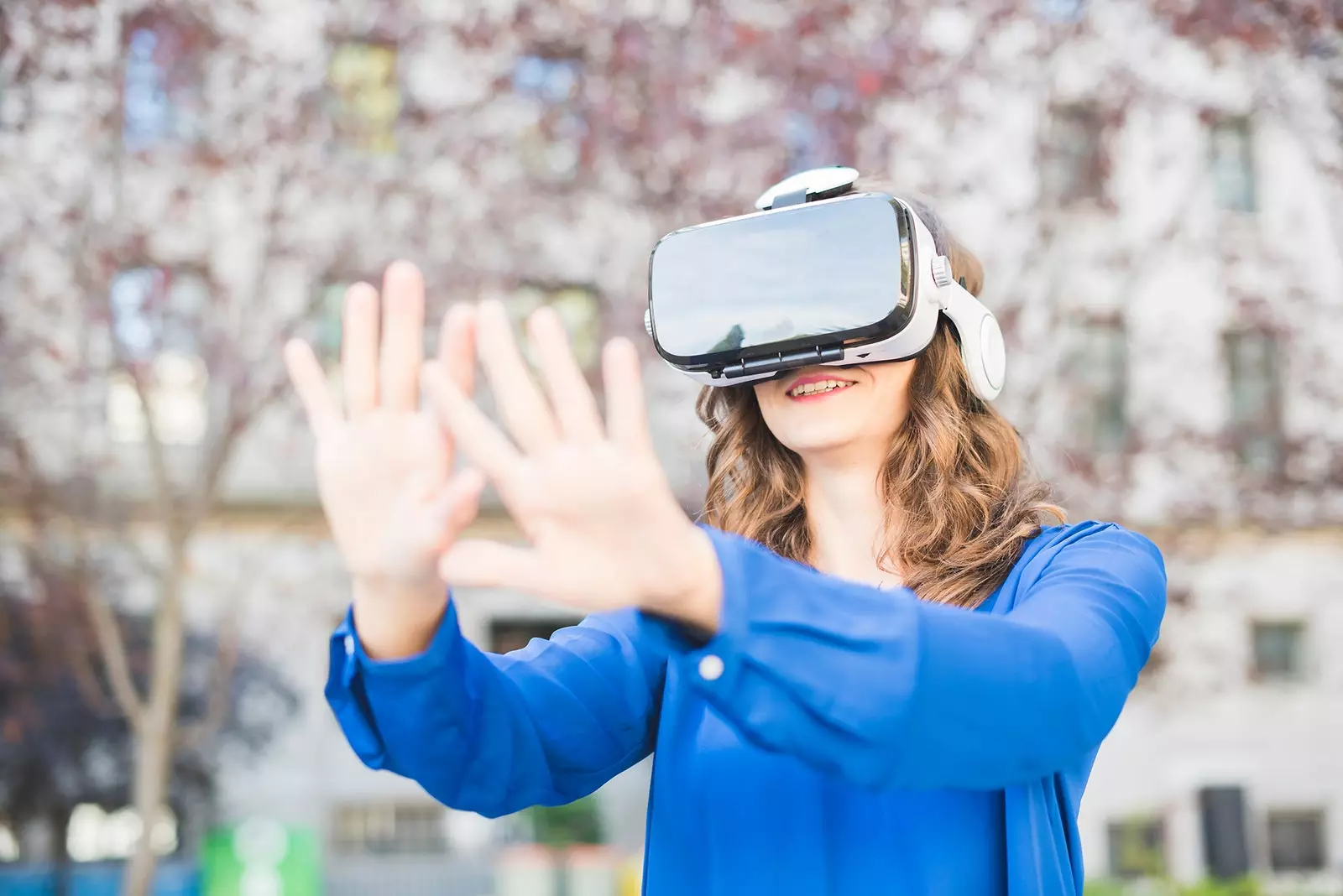
This will be the destinations of the future
A tourist waits patiently to be able contemplate the majesty of the star of the enclosure. It may be his siesta time, but sooner or later he will make an appearance in the most visible part of your space.
Although this could be the scene that is repeated daily in zoos around the world, the truth is that the approach is somewhat more futuristic. In the purest Jurassic Park style, This situation is likely to feature a dinosaur.
Today, technology would already make it possible to use a DNA sample that is up to a million years old to give life to any species through cloning.
Theoretically, this would make it possible to clone Neanderthals and, although seeing a velociraptor still seems complicated, it does not seem unreasonable that in the future the doors of a hypothetical Jurassic park open to show its visitors the spectacular nature of species that inhabited our planet ages ago.

What will happen to our cities in the future?
In fact, it's already possible currently see in some zoos to cloned animals of endangered species. Science allowed, for example, that the San Diego Zoo, in the United States, it will house a banteng, a bovine animal from Asia that is on the brink of extinction, for seven years.
Thus, from showing cloned animals of endangered species to do the same with those that no longer exist there seems to be only one step.
Beyond the ethical debates that the use of cloning will bring about to bring the triceratops and company back to life, the truth is that this possible future scenario would only represent the tip of the iceberg of a revolution: the tourist destinations of tomorrow could change completely and be driven by technology.
There are already hotels in which technology is the main protagonist, accommodation of the future they could well be like the one that Netflix portrays in the series Altered Carbon. In it, Poe is an artificial intelligence that is not only in charge of the reception of a hotel, but is the owner of the establishment. The direction, management and even the defense of the hotel is a matter of algorithms.
And if fiction seems to have been able to predict what tourism will be like in the future through Jurassic Park or Altered Carbon, one of HBO's latest hits is not far behind. westworld, the series by Jonathan Nolan and Lisa Joy (based on the homonymous film by Michael Crichton, author of Jurassic Park) raises a supposed robotic insurrection born, precisely, inside a theme park.
The brainchild of Dr. Ford (Anthony Hopkins), Westworld is a theme park inhabited by androids created to entertain their guests and let them do whatever they want with the robots.
Although it is presented as an exclusive experience for the rich willing to pay 40,000 dollars (about 33,000 euros at current exchange rates) per day, the truth is that it does not sound entirely unreasonable that, in the future, robots are designed to entertain us and developed to such an extent that it is possible to open an entire theme park with them.
In the end, the popular robot Sophia is already able to learn from humans to work with them and has the honor of being the first to achieve citizenship of a country. Perhaps this is just the beginning.

Amusement parks, like Westworld?
VIRTUAL REALITY AND UNDERWATER CITIES
The coincidences between fiction and reality do not seem to stop there. In fact, some seem to predict a future in which tourism takes place without leaving the sofa: destiny will be on the other side of glasses virtual reality.
In 2011 it was edited ready player one, the book on which Spielberg himself has based himself to make a film that, with the same title, raises a future where people spend more time in a virtual reality game called OASIS than in the physical world.
Today, virtual reality already offers a lot of possibilities. On the one hand, some amusement parks (such as the one in Madrid Warner Park ) have managed to give a twist to the traditional world of vertigo and, now, In its roller coasters you can enjoy a multitude of sensations in combination with virtual reality.
In addition, this technology has even landed in the corridors of malls, where it is increasingly common to see large devices for entertainment. Thus, a seat and virtual reality glasses are enough to go to other worlds or ride attractions without having to leave the shopping center.

Virtual Reality will be everyday
The future of tourism could also expand beyond trips to past wildlife, virtual worlds and robotic havens. In fact, could take us as a destination to places never before visited.
At least that's the intention Shimizu, a Japanese company planning to build an underwater colony between now and the year 2030. Its name is Ocean Spiral and it would be made up of a circular building on the sea surface from which a path to the residential spaces of the depths would be born.
And it is not the only project that explores habitats that are not very touristy. While hotels like the Jules Undersea Lodge in Florida already allow you to wake up at the bottom of the sea, **tech tycoon Elon Musk has already set out to fly two space tourists to the Moon** in the coming months.
In short, whether knowing species that lived on our planet millions of years ago, enjoying a roller coaster without taking your feet off the ground or making an army of robots our most entertaining company, the truth is that technology could bring with it a whole tourism revolution. What will be your favorite destination?
